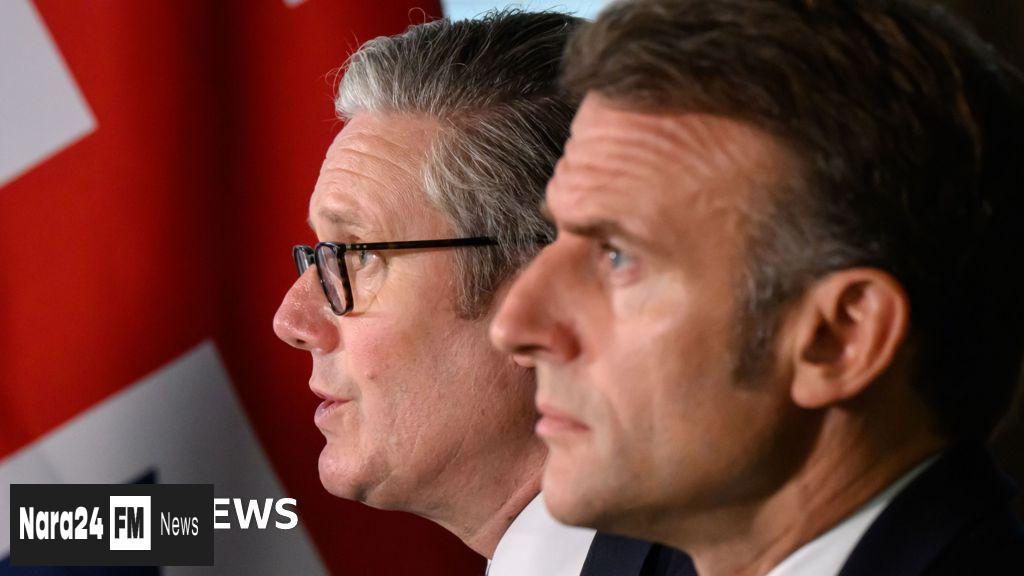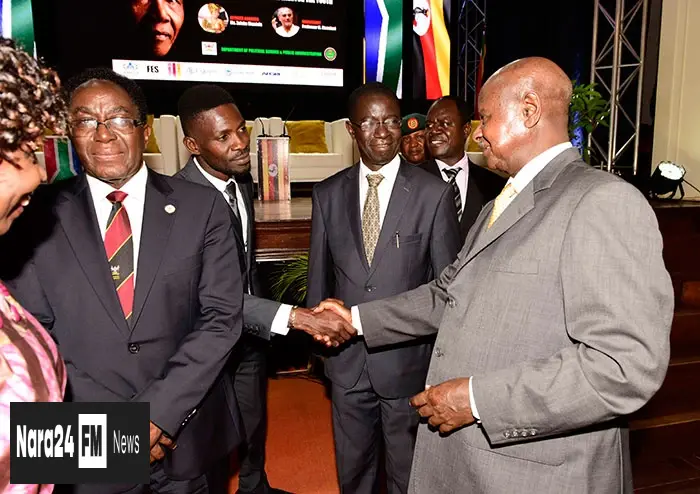The UK and France have unveiled a new pilot scheme that will see some migrants arriving in small boats returned to France within weeks. Prime Minister Sir Keir Starmer announced the initiative during a joint press conference with French President Emmanuel Macron at the conclusion of a three-day state visit.
Under the "one in, one out" agreement, the UK will return certain migrants to France while accepting an equivalent number of asylum seekers who have undergone security checks. Sir Keir described the plan as "ground-breaking" and a step toward dismantling the operations of people smugglers. He emphasized that illegal migration is a "global crisis" affecting both nations and the EU.
While specific figures were not confirmed, reports suggest up to 50 migrants per week could be returned under the scheme. Macron highlighted its potential deterrent effect, noting that Brexit had complicated the UK's ability to address illegal migration. He criticized the notion that Europe was solely responsible for the issue, calling it a "lie" sold to the British public.
The pilot will initially focus on adult migrants, though details on selection criteria remain unclear. Those in France seeking asylum in the UK will be able to express interest via an online platform, with priority given to individuals from countries heavily targeted by smugglers and those with UK connections.
In addition to the returns program, the two leaders announced enhanced cooperation on nuclear deterrence, supercomputing, AI, and anti-ship missile development. The agreement will undergo legal scrutiny before being finalized, with transparency and collaboration with the European Commission and EU member states.
Critics, including Conservative shadow home secretary Chris Philp, argue that the scheme will have minimal impact, as it may only return one in 17 illegal immigrants. Reform UK leader Nigel Farage called the crossings a "national security emergency" and expressed skepticism about the plan's effectiveness, citing potential legal challenges under the European Convention on Human Rights.
John Vine, former chief inspector of immigration and borders, acknowledged the deal as a significant first step but stressed that substantial numbers of returns would be needed to reduce crossings. Refugee organizations welcomed efforts to target smugglers but emphasized the need for safe and legal migration routes.
This initiative comes after the UK scrapped the controversial Rwanda deportation plan, with Sir Keir pledging to focus on disrupting smuggling networks instead. The pilot scheme represents a new approach to addressing the escalating issue of small boat crossings, which have seen record numbers in recent years.









Comments (0)
Leave a Comment
Be the first to comment on this article!